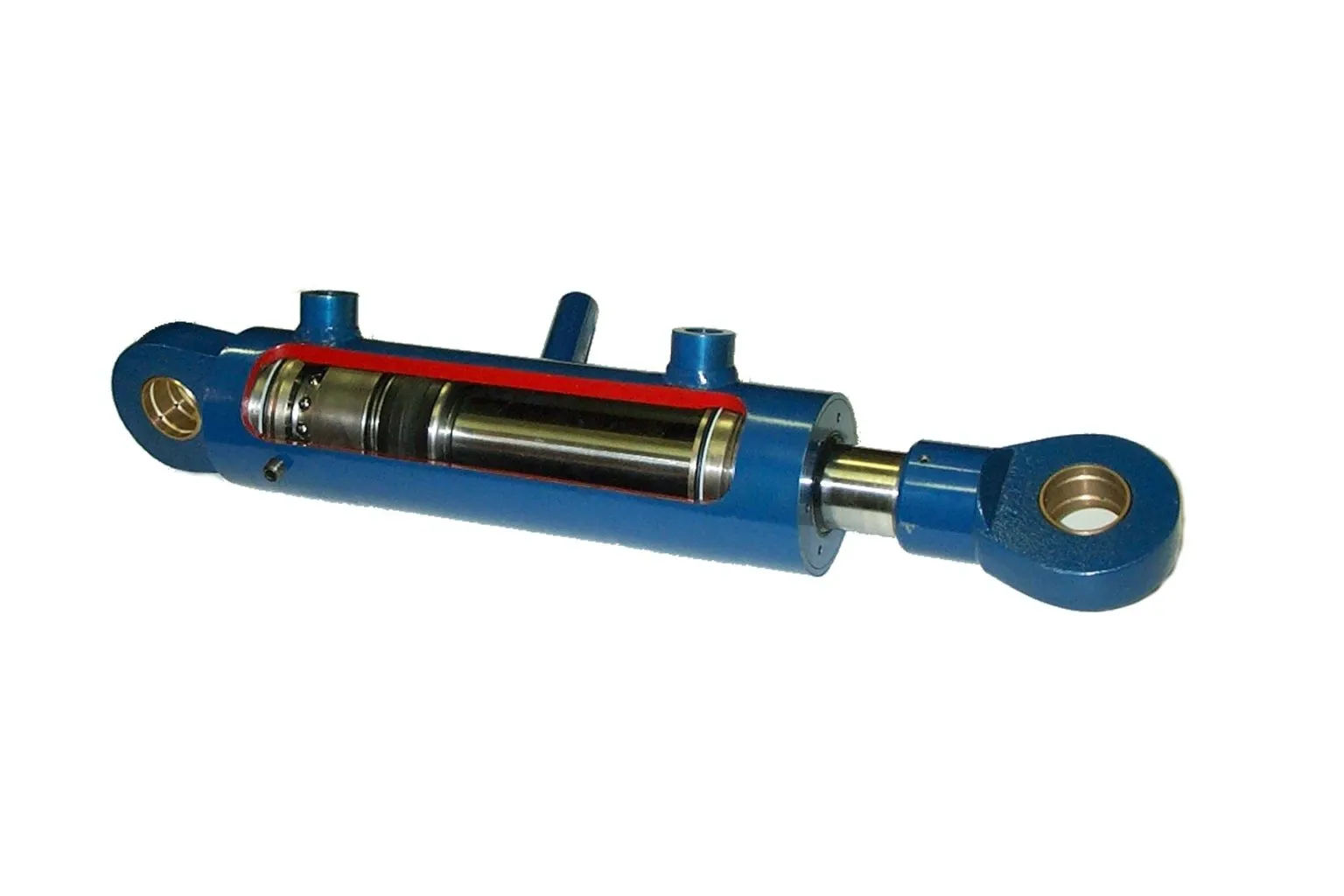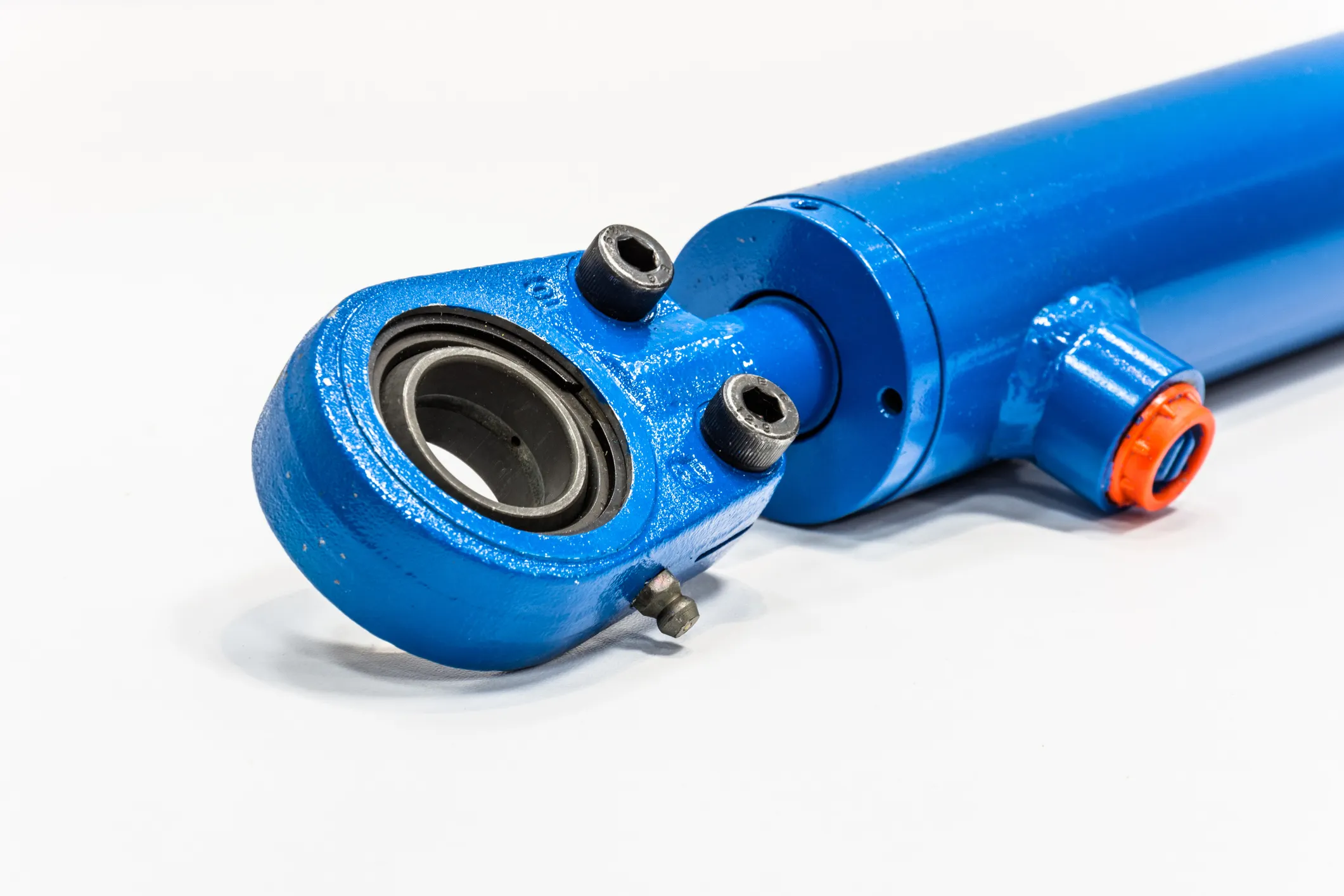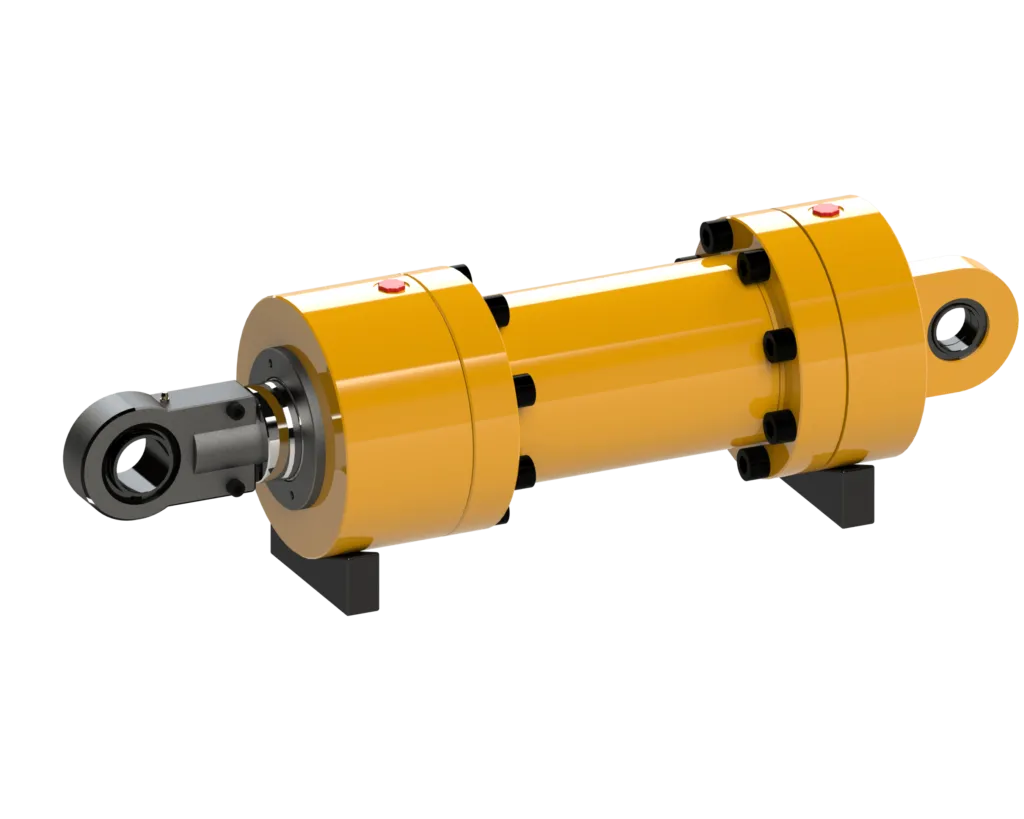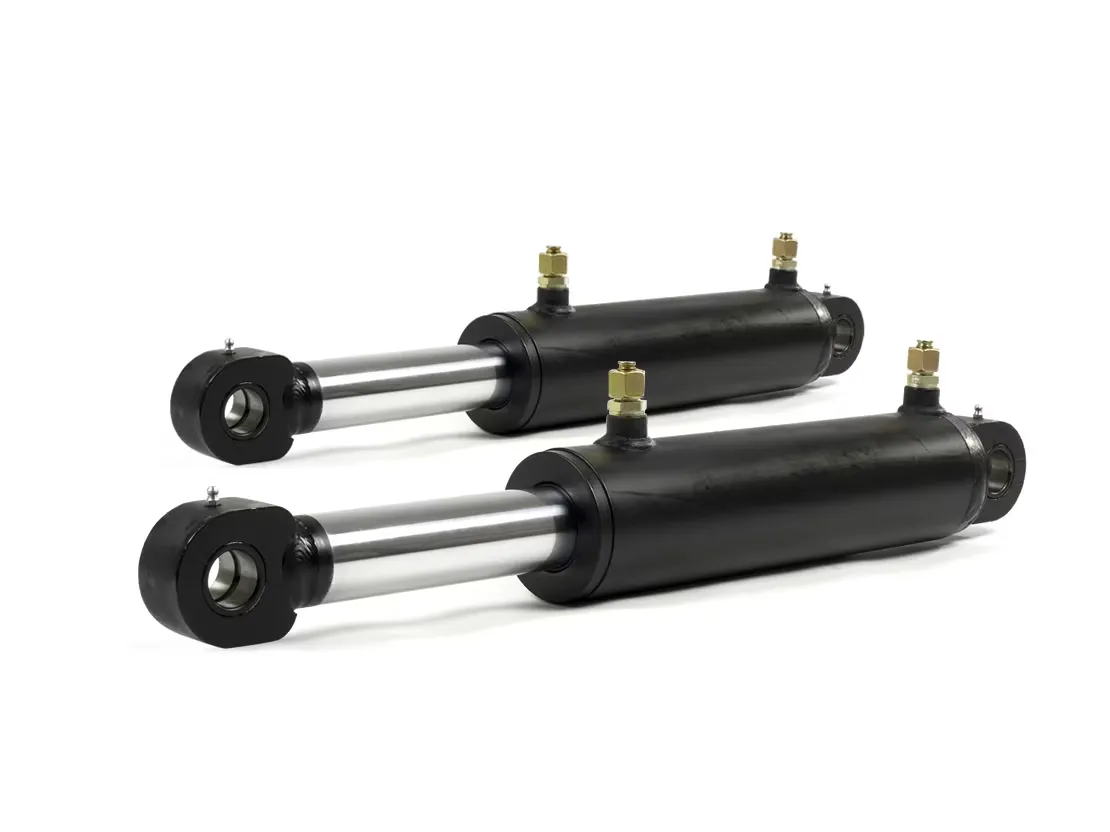The Role of Magnetic Welded Hydraulic Cylinders in Rail Systems

Introduction to Magnetic Welded Hydraulic Cylinders
Magnetic welded hydraulic cylinders play a crucial role in the operation of rail systems, providing precise positioning and efficient movement. These advanced cylinders are designed with integrated magnetic sensors that allow for contact-free position detection, enhancing accuracy and speed in rail applications.
Design Characteristics
- Easy Magnetic Sensor Integration: The built-in magnetic sensor enables precise position detection without physical contact, improving overall system performance.
- Welded Structure: Utilizing welded joints enhances the strength and durability of the cylinder, making it suitable for high-pressure and harsh environments.
- Compact Design: The use of magnetic sensors allows for a more compact design, saving valuable space in rail systems with limited room.
- Sealing Performance: The cylinder is designed with excellent sealing materials to prevent leakage and ensure reliability and safety in operation.
Construction Characteristics
- Precision Machining: Each component of the cylinder is precision-machined to guarantee accuracy and sealing efficiency during assembly.
- Welded Process: Advanced welding technology is employed to create strong and durable joints that can withstand high pressures.
- Testing and Verification: Rigorous performance testing, including pressure tests and position accuracy verification, is conducted to ensure optimal cylinder functionality.
- Customization: Cylinders can be customized to meet specific application requirements and environmental conditions.
Working Principle of Magnetic Welded Hydraulic Cylinders
The working principle of magnetic welded hydraulic cylinders involves the transfer of force through a liquid medium to drive piston movement. The system’s workload, sealing system, pressure release mechanism, and other components work together to ensure efficient operation.
Types and Configurations
There are three main types of magnetic welded hydraulic cylinders available, each designed for specific applications. These configurations offer unique features and benefits that cater to diverse rail system requirements.
Advantages of Magnetic Welded Hydraulic Cylinders
- Precise Positioning: Magnetic induction technology enhances accuracy and reduces wear in rail systems.
- Reduced Component Wear: Non-contact sensing minimizes wear and tear, increasing the longevity of the cylinder.
- Space-Saving Design: Compact cylinders save space and are ideal for rail systems with limited installation areas.
- Durable Welded Construction: Welded joints provide strength and durability, ensuring optimal performance under pressure.
- Enhanced Sealing Techniques: Advanced seals prevent leakage and contamination, maintaining system integrity and reliability.
Industries Using Magnetic Welded Hydraulic Cylinders
Magnetic welded hydraulic cylinders are widely employed in various industries, including:
- Industrial Automation: Used in robotic systems and assembly lines for precise motion control.
- Material Handling: Applications in forklifts and conveyor systems to facilitate material transport.
- Construction Equipment: Provides accurate positioning for heavy machinery and construction vehicles.

Design Considerations and Selection Criteria

When selecting magnetic welded hydraulic cylinders, key considerations include bearing capacity, sealing efficiency, durability, safety features, and ease of maintenance. These factors influence the performance and longevity of the cylinder in rail systems.
Sealing and Lubrication
Proper sealing and lubrication are essential for the optimal functioning of magnetic welded hydraulic cylinders. High-quality seals and regular lubrication maintenance ensure smooth operation and extend the service life of the cylinder.
Regular Inspection and Maintenance
Implementing regular inspection and preventive maintenance measures is crucial to ensure the continued efficiency of magnetic welded hydraulic cylinders. By following proper maintenance protocols, potential issues can be identified and resolved promptly.
Installation Guide
Correct installation of magnetic welded hydraulic cylinders is essential for their proper operation. Following the manufacturer’s guidelines and ensuring precise alignment and connection are vital for optimal performance in rail systems.
Maintenance Tasks
Three essential maintenance tasks for magnetic welded hydraulic cylinders include regular inspection, proper lubrication, and seal replacement. Adhering to these maintenance practices ensures the longevity and reliability of the cylinders in rail applications.
Safety Considerations
Ensuring safety measures are in place when using magnetic welded hydraulic cylinders is paramount to prevent accidents and system failures. Adhering to safety protocols and guidelines minimizes risks and promotes a secure working environment.
Fault Diagnosis and Common Problems
Common issues with magnetic welded hydraulic cylinders may include leaks, seal damage, and sensor malfunctions. Proper diagnosis and troubleshooting techniques can help identify and resolve these problems effectively, ensuring uninterrupted operation in rail systems.

FAQs
1. How do magnetic sensors work in magnetic welded hydraulic cylinders?
2. What are the main advantages of using magnetic welded hydraulic cylinders in rail systems?
3. In which industries are magnetic welded hydraulic cylinders commonly utilized?
Long Tail Keywords
1. Magnetic Welded Hydraulic Cylinder Efficiency in Rail Transport Systems
2. Enhanced Performance of Magnetic Welded Cylinders in Railway Applications
3. The Role of Magnetic Welded Hydraulic Cylinders in Modern Rail Operations
Our Company
As a leading hydraulic cylinder replacement manufacturer, our company offers a comprehensive product line and customized services to meet the diverse needs of rail system operators. With international certifications, advanced production equipment, and dedicated after-sales support, we strive to deliver superior hydraulic solutions to our customers worldwide.
Author: lyl
